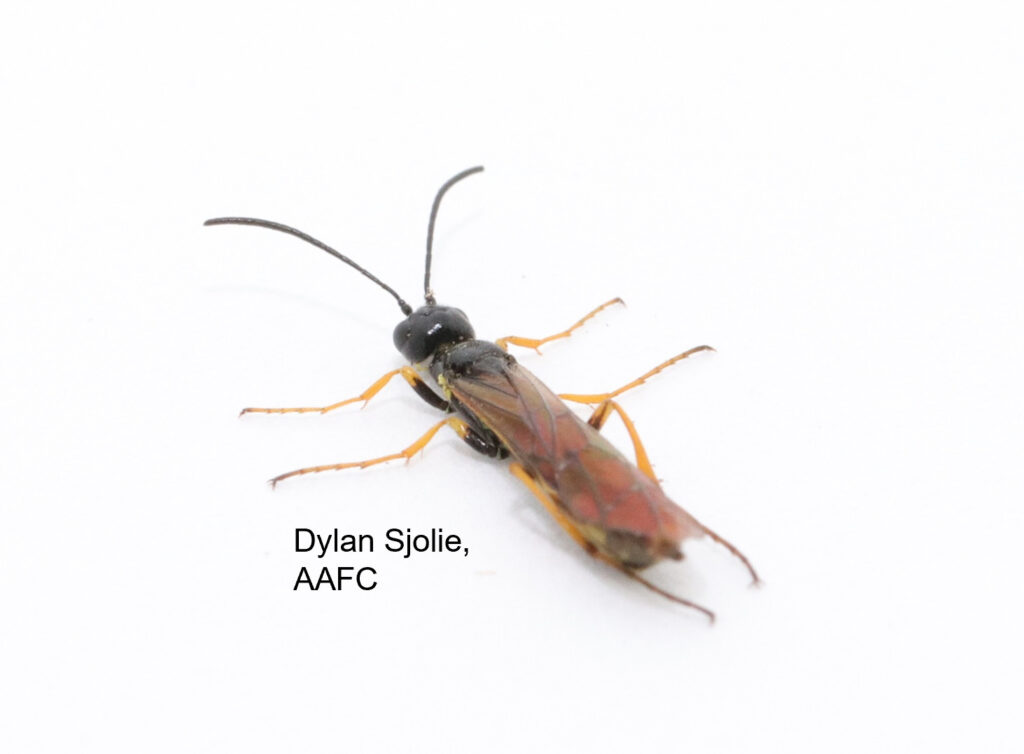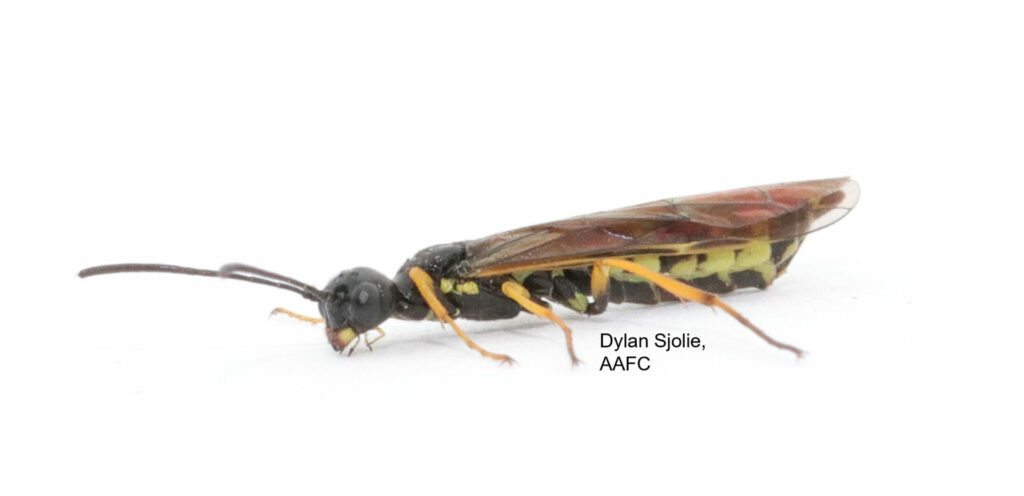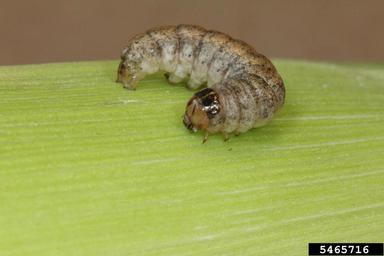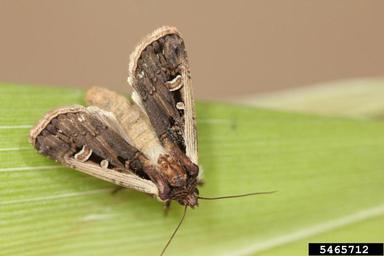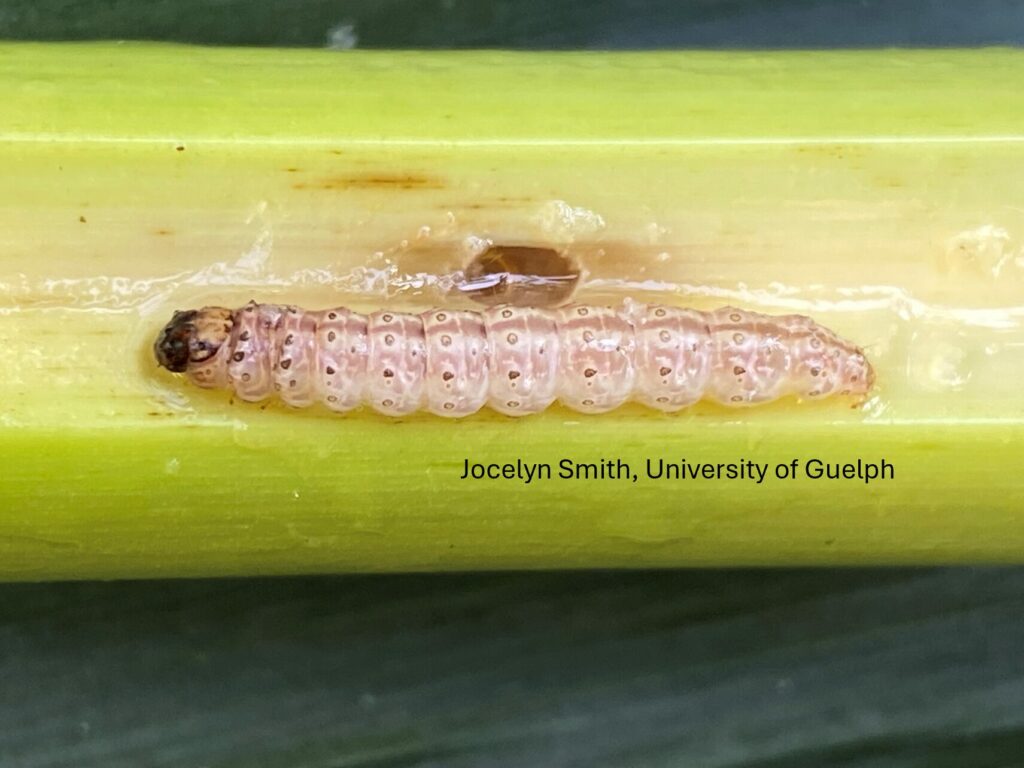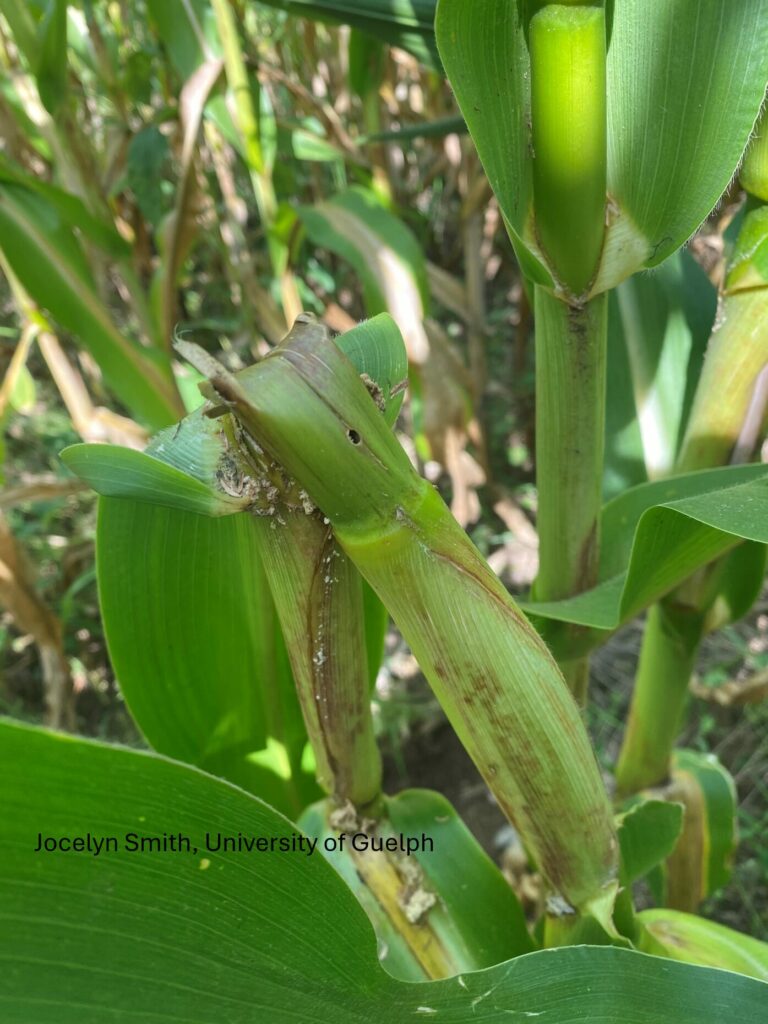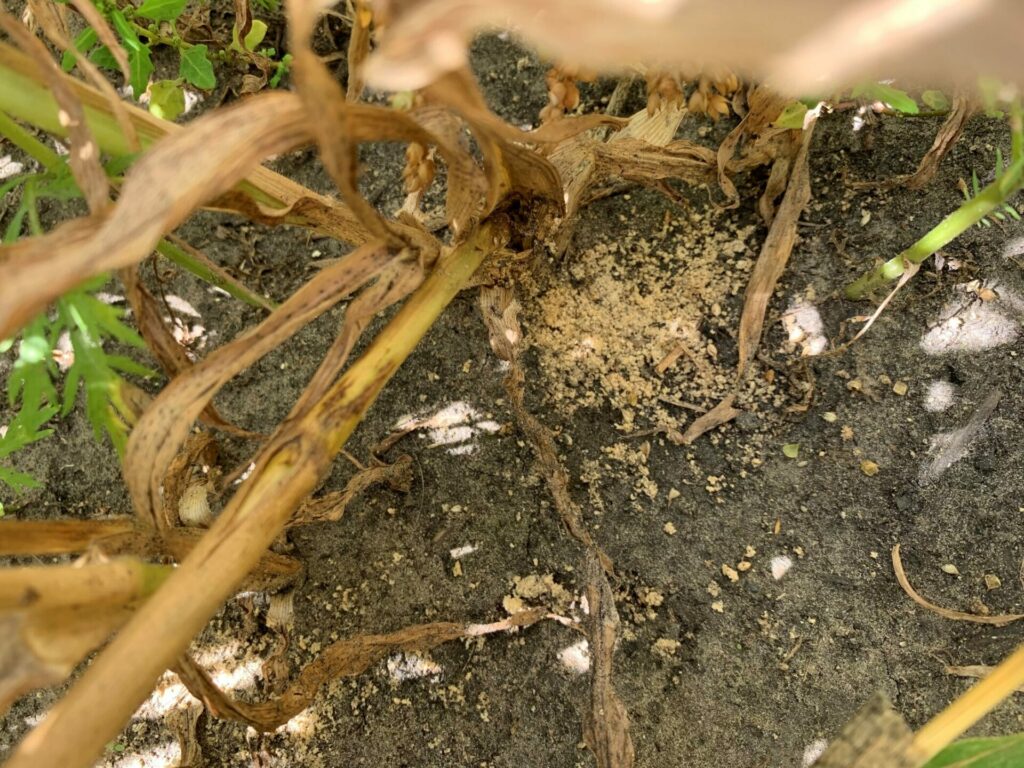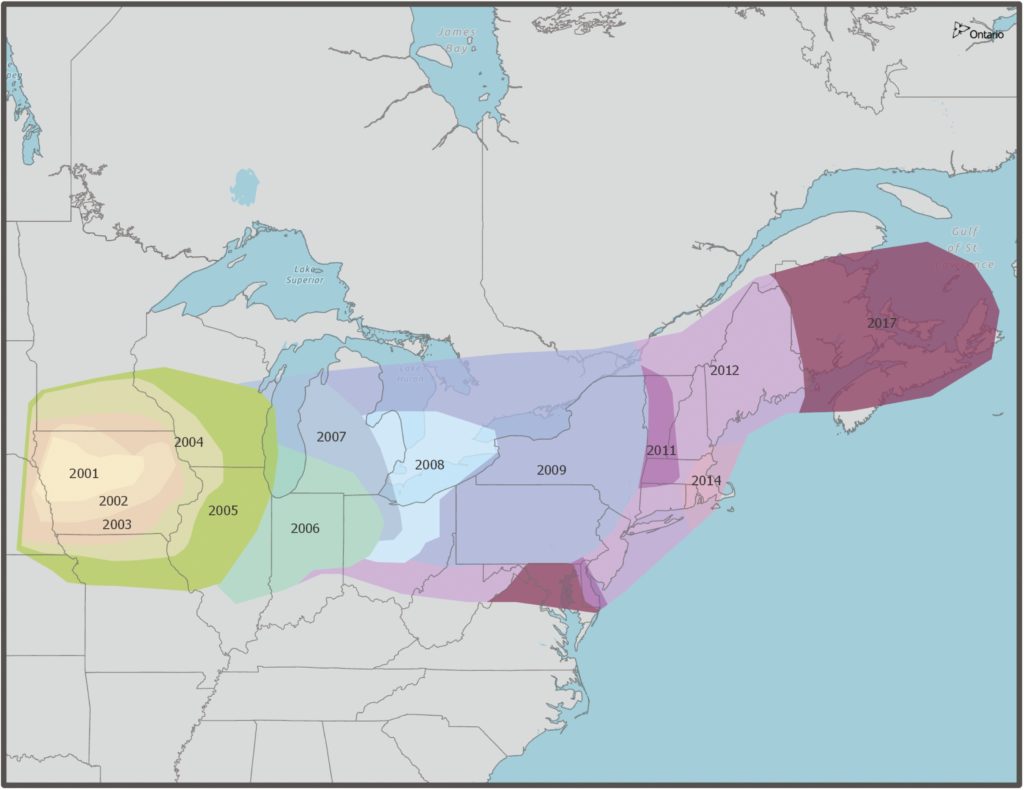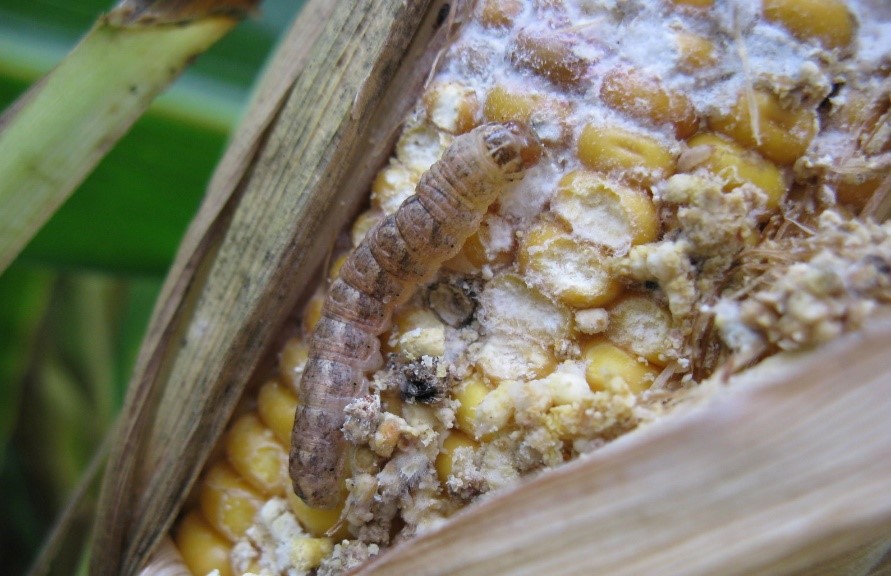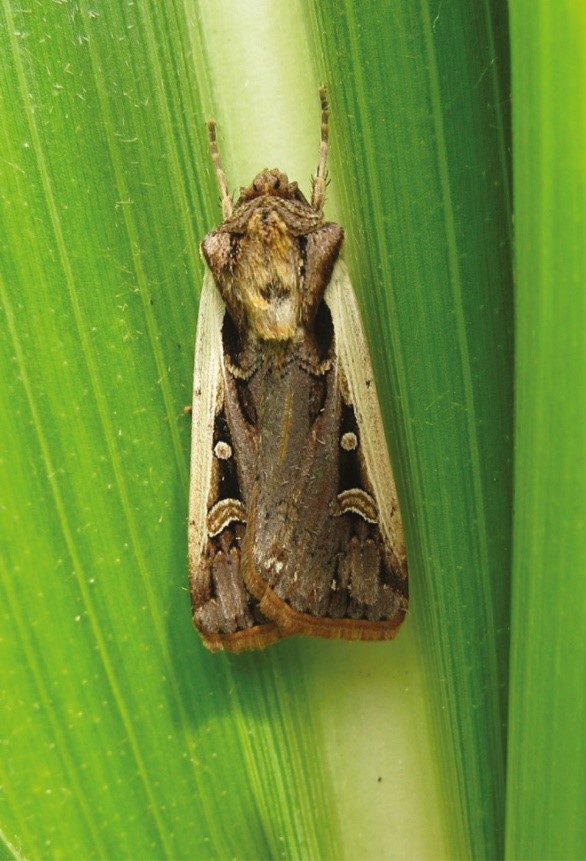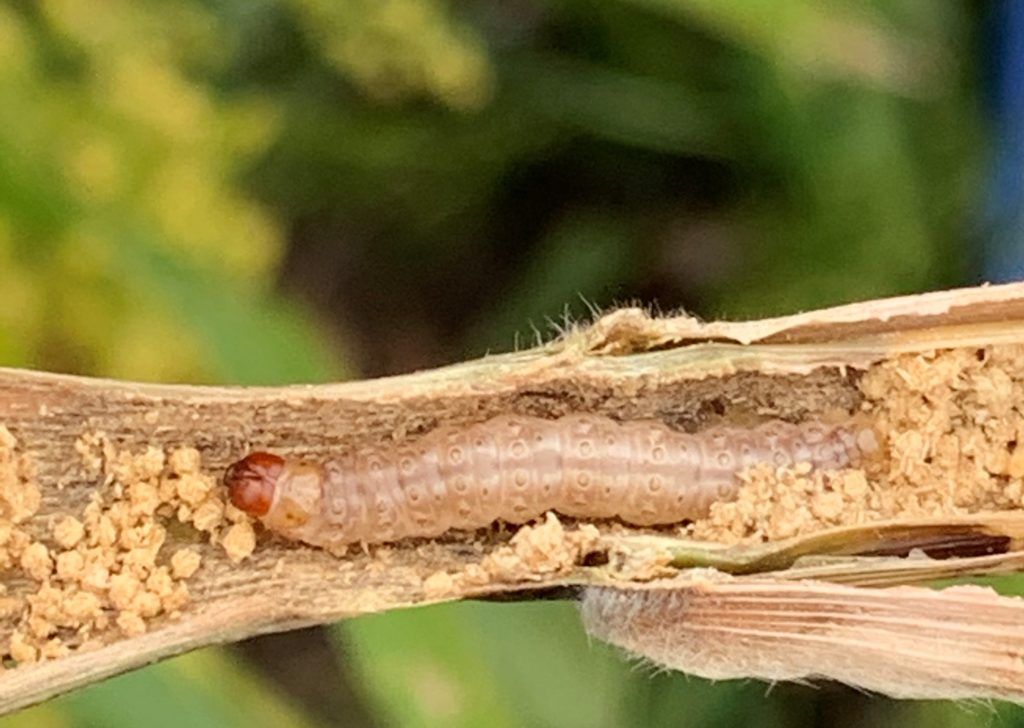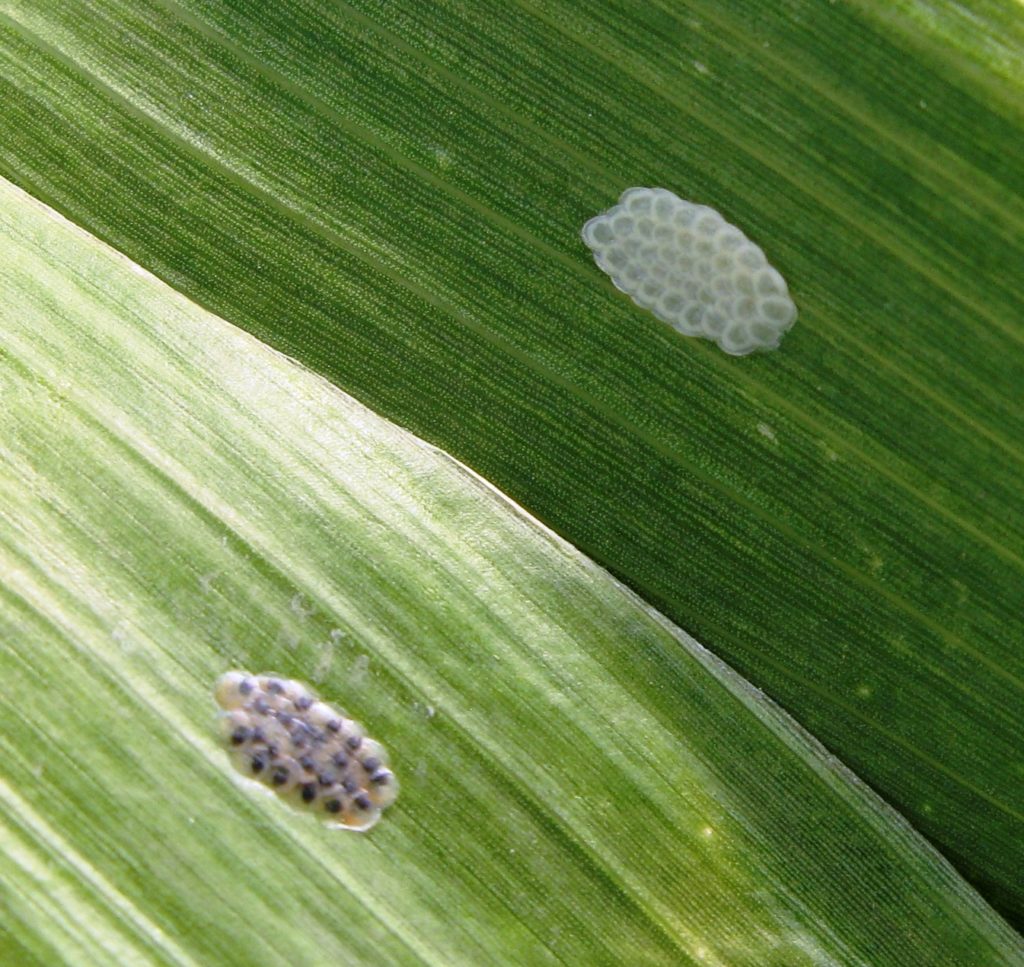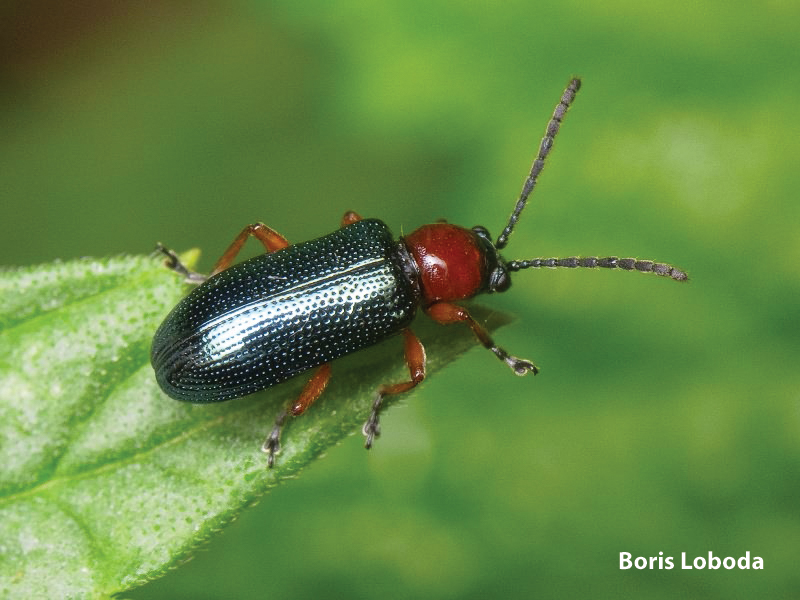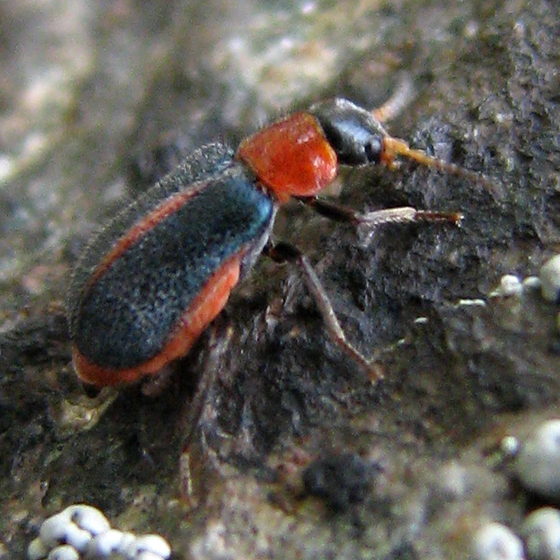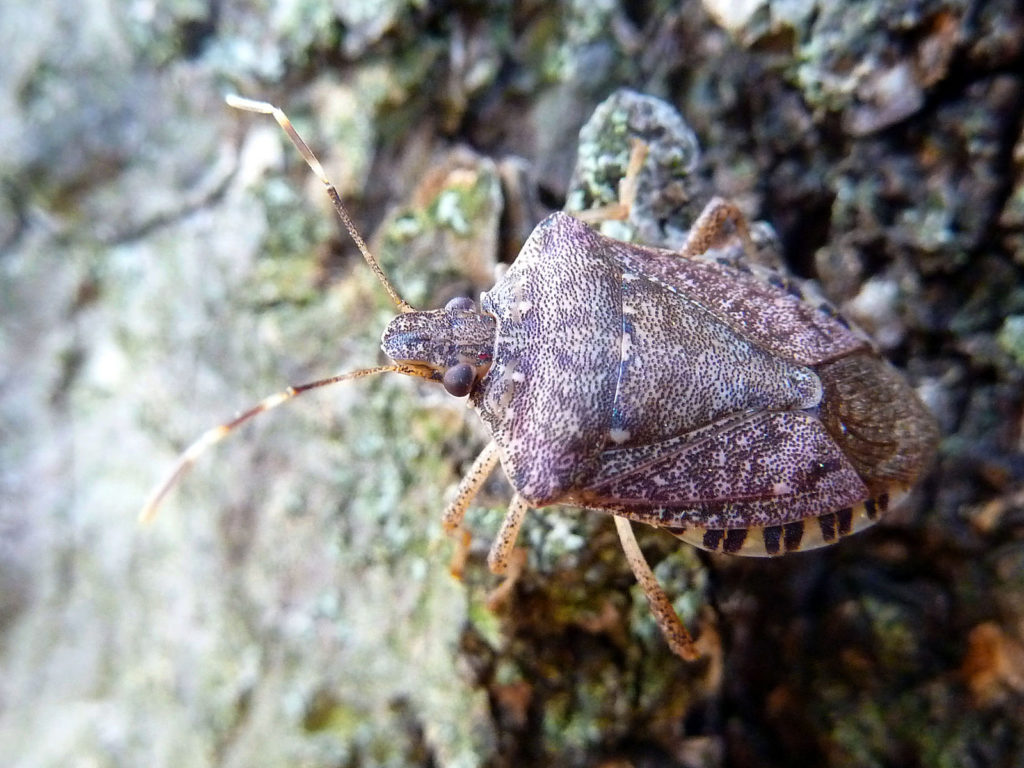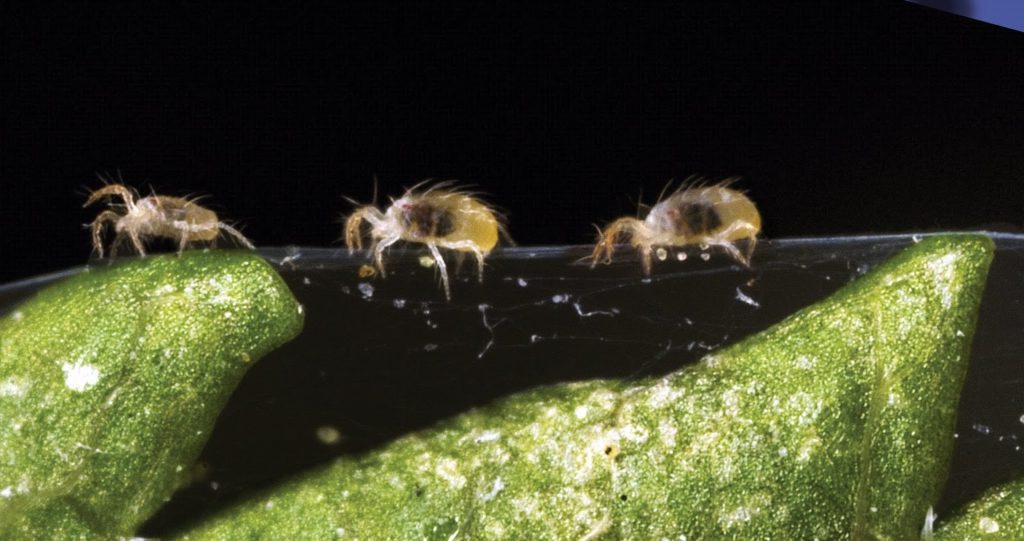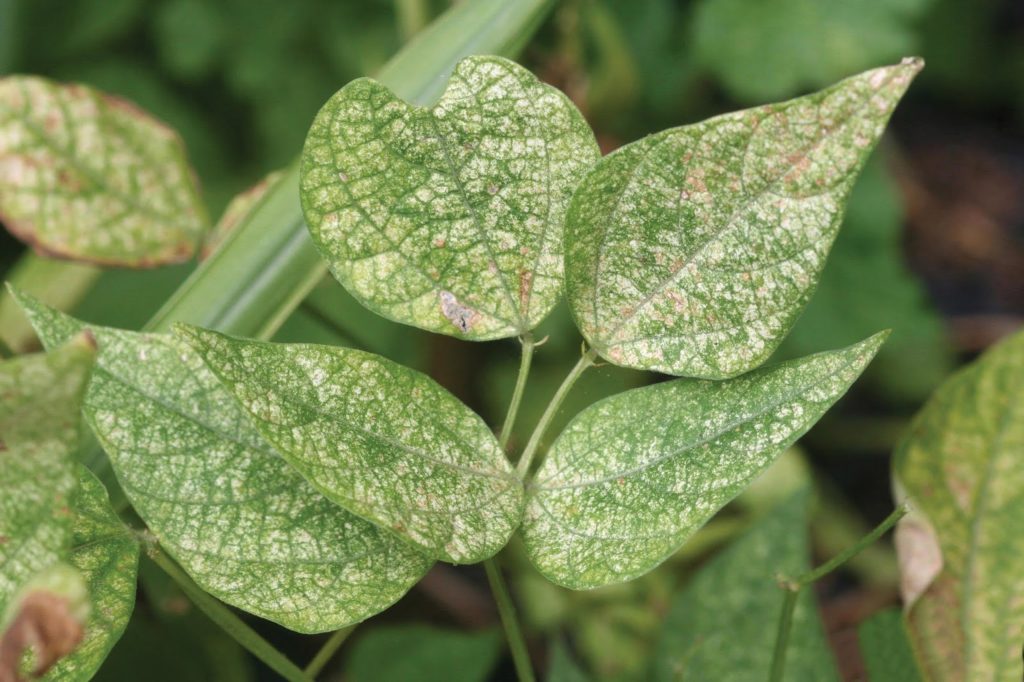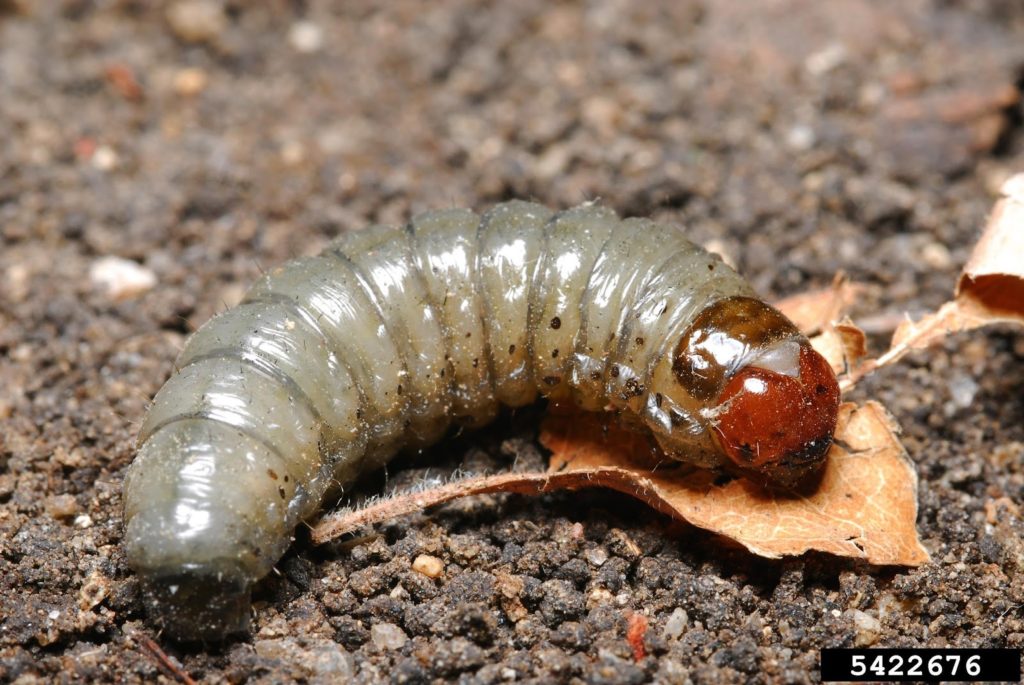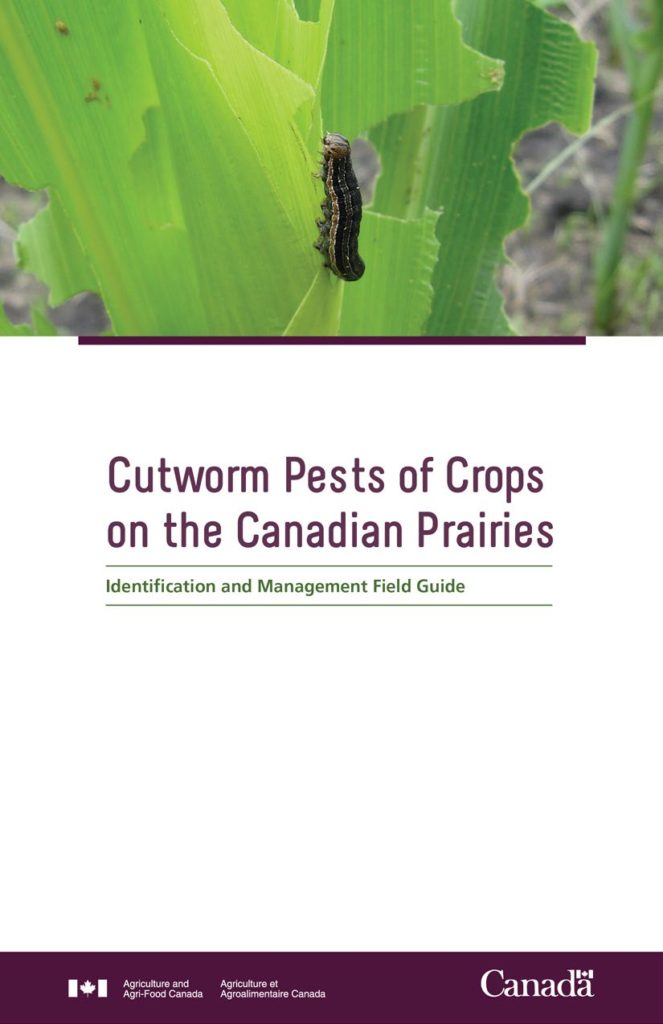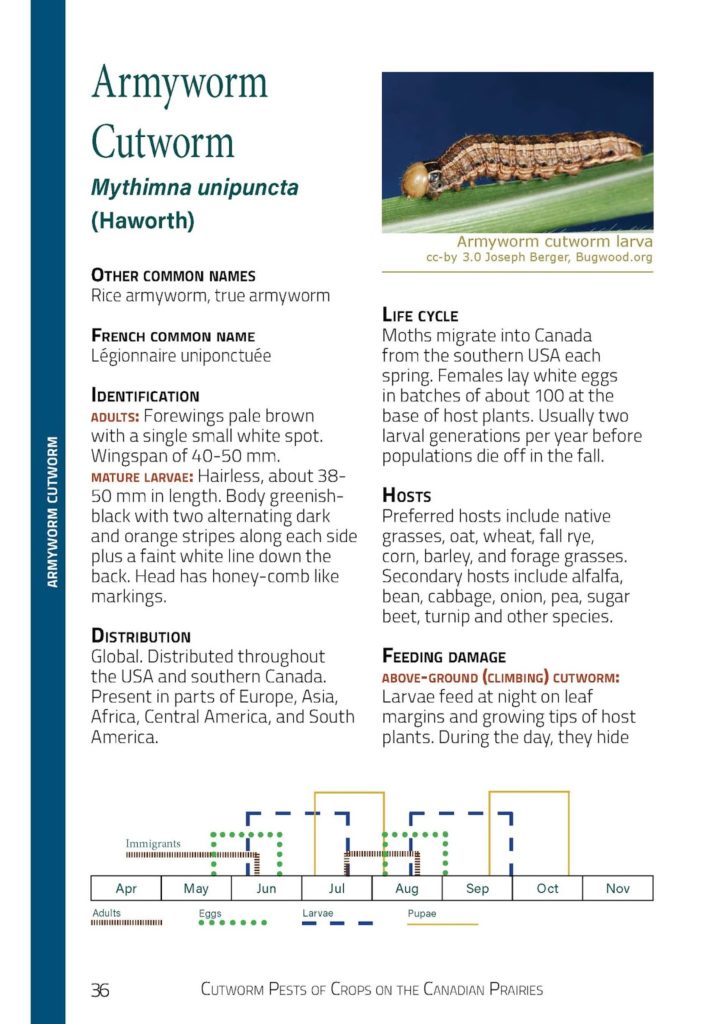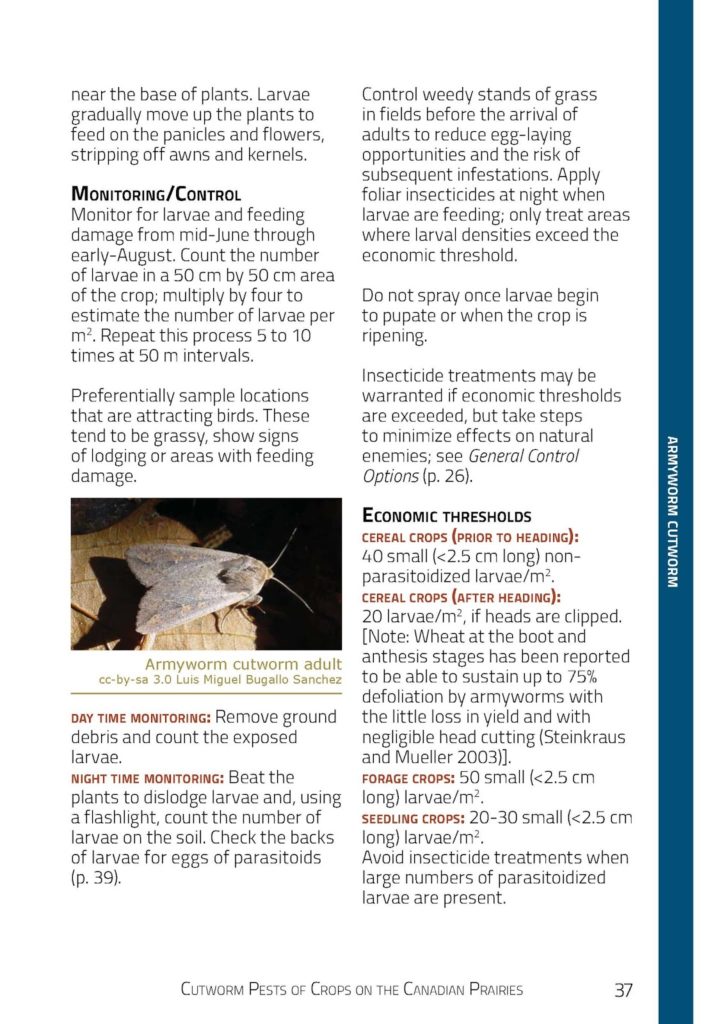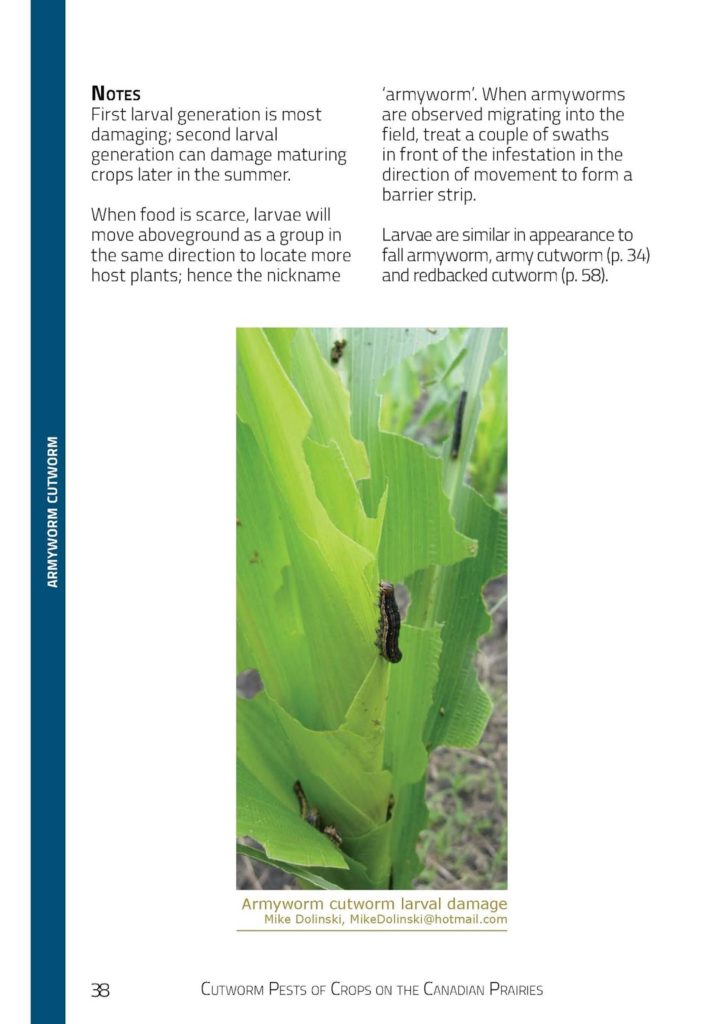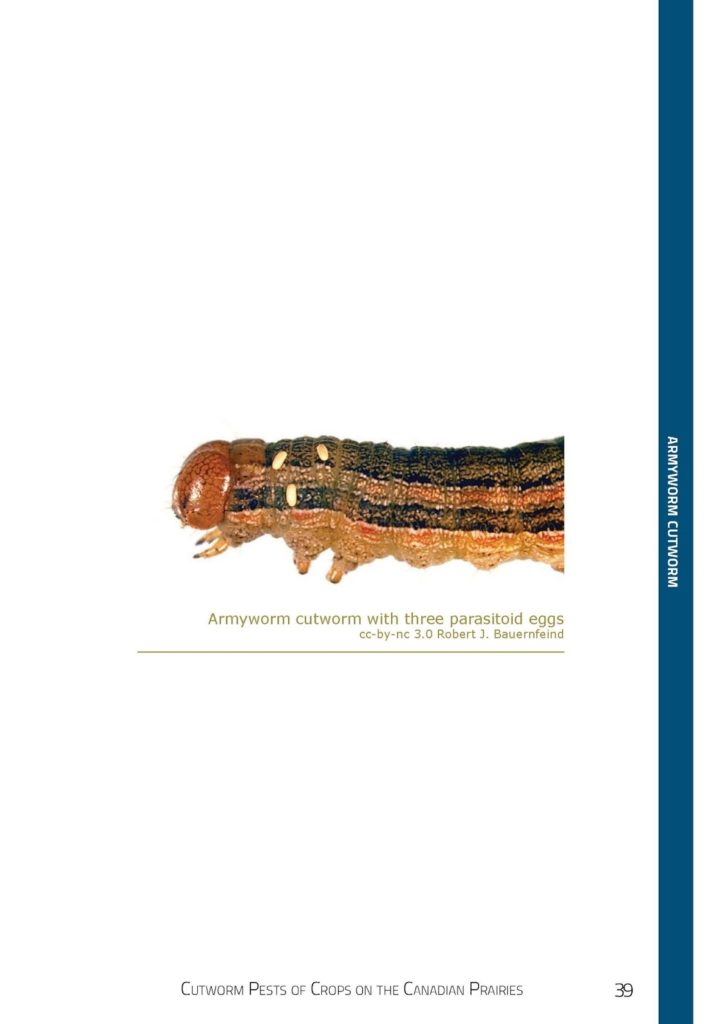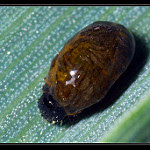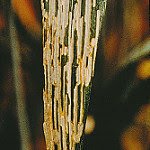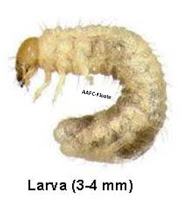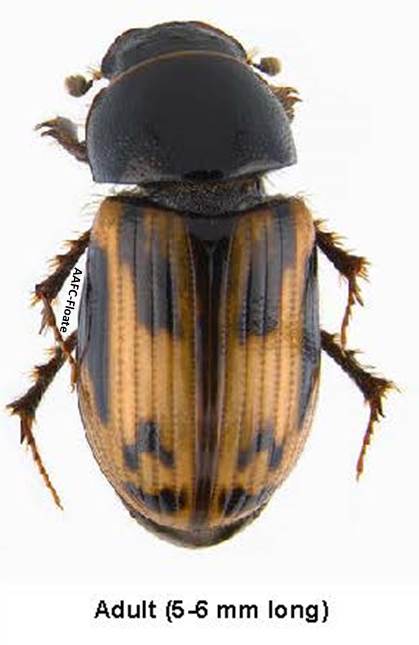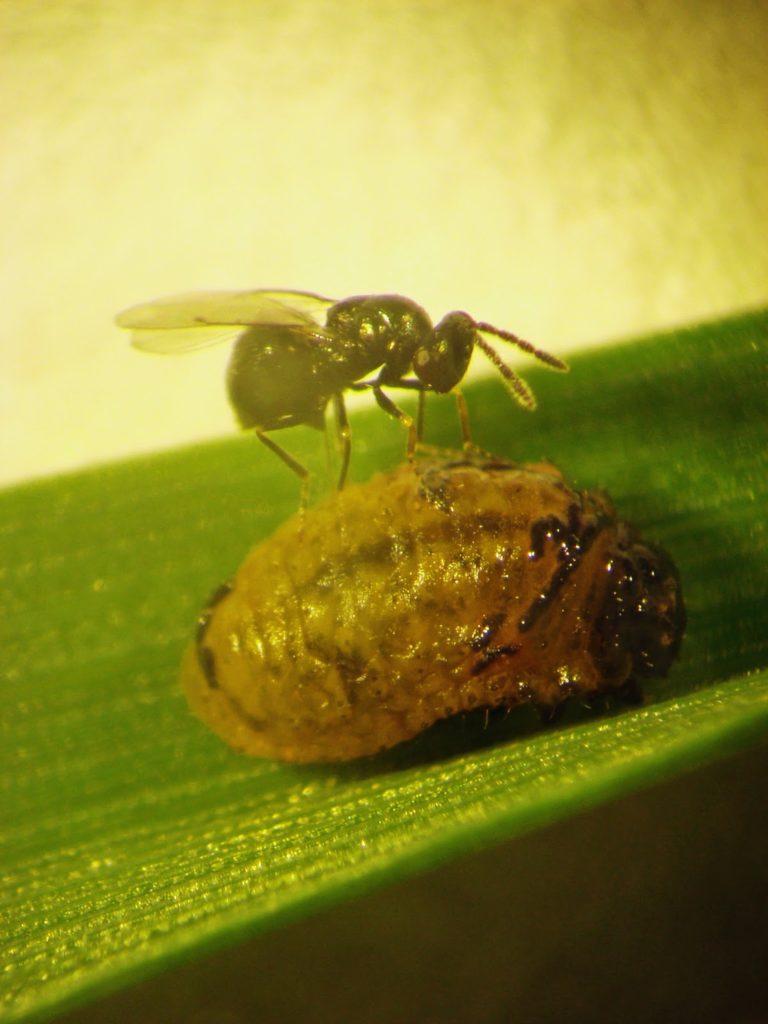In Canada, Japanese beetle (Popillia japonica) is established in Ontario, Quebec, New Brunswick, Nova Scotia, and Prince Edward Island. It was detected in British Columbia in 2017. In BC, the BC Ministry of Agriculture and Food, CFIA, municipal governments (e.g., Cities of Vancouver, Kamloops, Burnaby, Port Coquitlam) and other stakeholders are collaborating to manage the Japanese beetle infestation. Their efforts have been quite successful so far.
Japanese beetle has not been found and is not established in Alberta, Saskatchewan, or Manitoba.
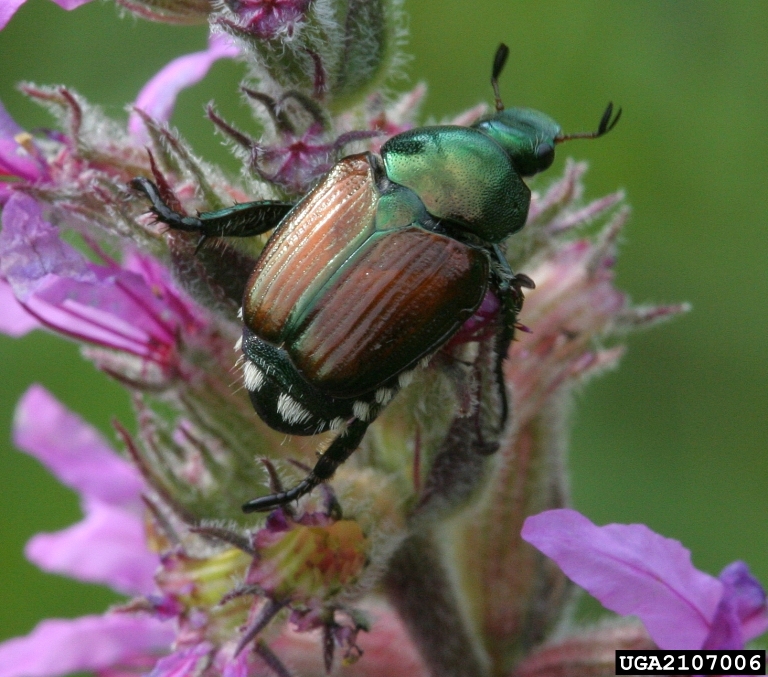
Japanese beetle poses a threat to agriculture in Canada for several reasons. First, feeding by both adult and larval Japanese beetle cause damage to host plants. Larvae feed on the roots of plants, especially of turf and other grasses. Adults feed on the foliage, seeds, and fruits of host plants.
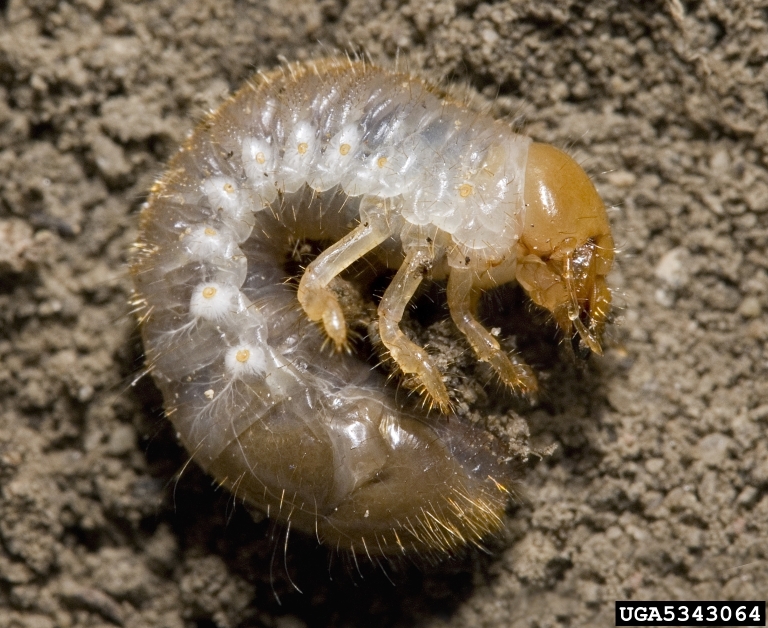
Second, Japanese beetles are generalists, known to feed on over 250 host plants. Some of its favourite host plants include field crops like soybean and corn, fruit trees and vines including grape vines, peach, cherry, plum, corn, deciduous trees like maple and elm, and ornamental plants including roses. Third, once established, it has been very difficult to effectively manage Japanese beetle populations.
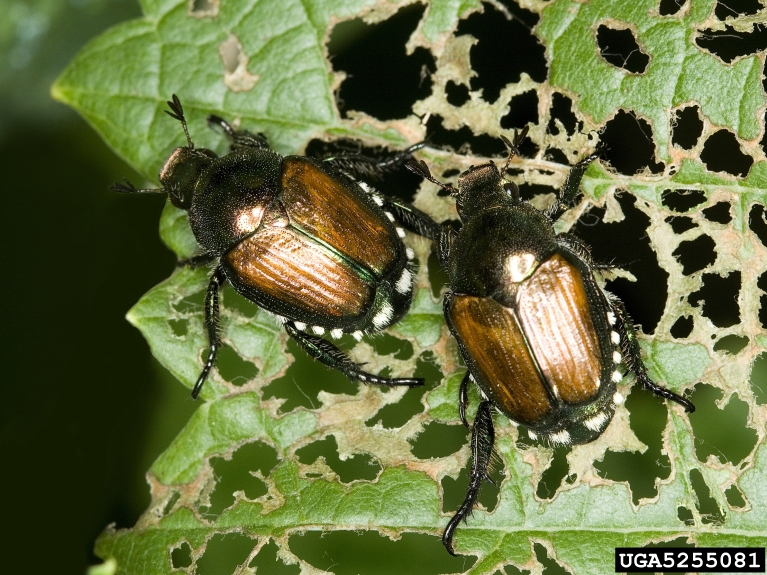
Japanese beetle is a regulated pest in Canada and is of concern in the United States. Therefore, the CFIA and USDA have developed regulatory requirements for Japanese beetle that are harmonized between countries. Each province/state has been assigned to one of four regulatory categories based on the risk of Japanese beetle introduction and establishment. The Canadian prairie provinces are in Category 4 – “Area not known to be infested/Unlikely to become established.” For more information about the regulatory status of Japanese beetle in Canada and the US, please check out this CFIA document published in June 2025.
Although risk of infestation and establishment of Japanese beetle in Alberta, Saskatchewan, and Manitoba is low, it remains important to be alert for possible infestation or introductions of Japanese beetle. Help protect the prairie region by reporting any potential Japanese beetle sightings to Dr. Meghan Vankosky (meghan.vankosky@agr.gc.ca) and by filing reports with the CFIA using their reporting tool.
For more information about the biology and damage caused by Japanese beetle, please check out the CFIA Japanese beetle factsheet, the BC Ministry of Agriculture Japanese beetle Pest Alert, and Invasive Species Centre webpage on Japanese beetle.

